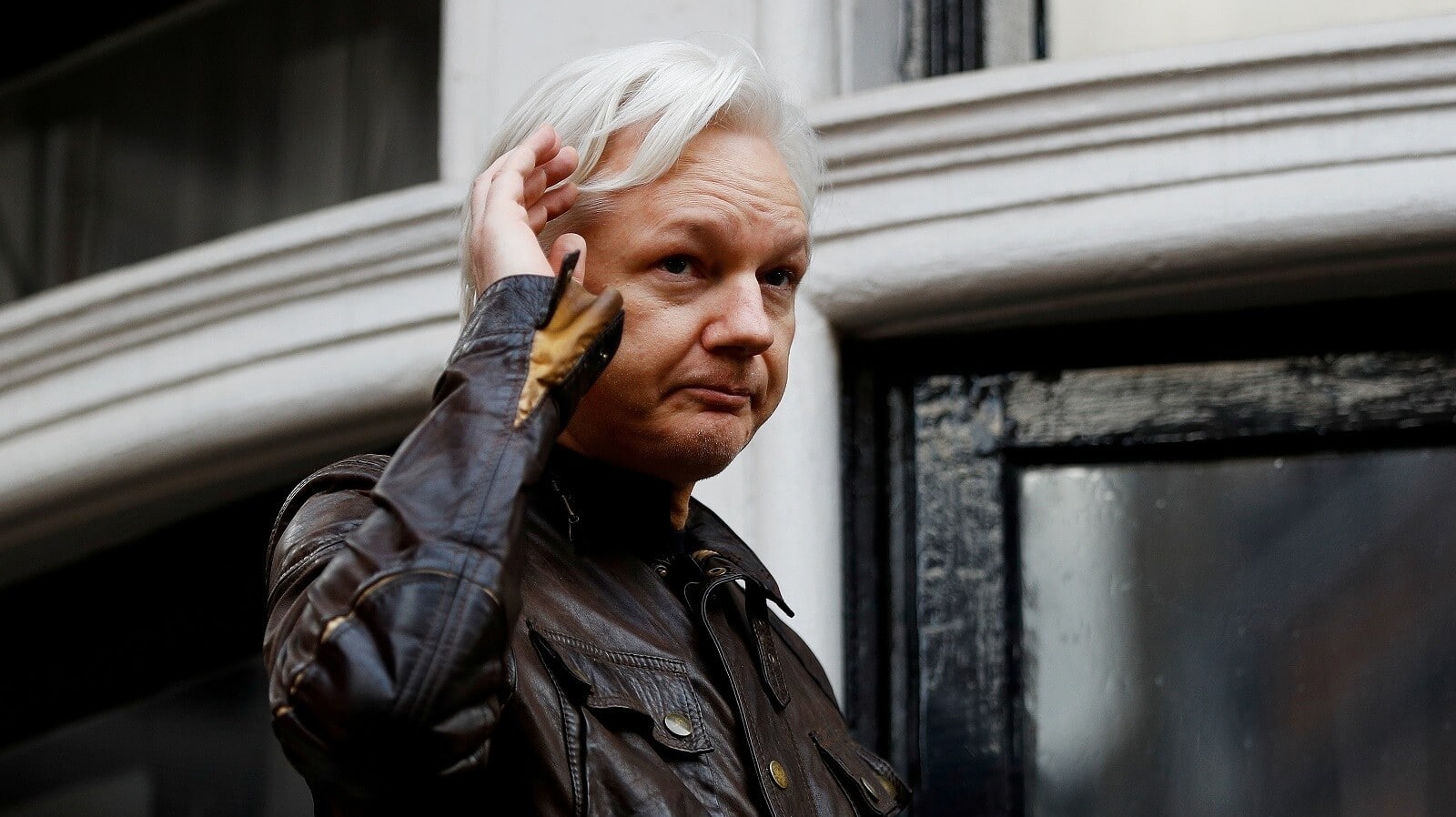
'Chose freedom over unrealizable justice': Assange on US espionage plea
What's the story
Julian Assange, the WikiLeaks founder, has finally spoken out about his guilty plea to US espionage charges.
During a chat with European lawmakers at the Council of Europe today, he said he had to make this choice because his legal and political efforts to secure his freedom just weren't enough.
"I eventually chose freedom over an unrealizable justice," Assange said.
This was his first public statement since getting out of prison.
Return
Return to Australia and future legal implications
Assange made his way back to Australia in June after admitting to breaching US espionage law.
This marked the conclusion of a 14-year-long legal saga in the UK.
Speaking to the media, he said, "I am free today after years of incarceration because I pleaded guilty to journalism...to seeking information from a source...to obtaining information from a source and...to informing the public what that information was."
Controversial leaks
WikiLeaks's controversial releases and Assange's indictment
In 2010, WikiLeaks dropped a bombshell by releasing a ton of classified US military documents, about the wars in Afghanistan and Iraq.
This massive leak, which also included a bunch of diplomatic cables, turned out to be the biggest security breach in US military history.
Fast forward a few years, and Julian Assange found himself indicted under the Espionage Act.
Detention report
Council of Europe's report on Assange's detention
The Parliamentary Assembly of the Council of Europe has dropped a report on Julian Assange's case, saying he was a political prisoner.
The assembly also urged UK to probe whether Assange faced inhuman treatment during his detention.
During his address, Assange revealed that his plea deal means he will be barred from ever defending himself against US spying accusations in court.
Personal impact
Assange's personal journey and future plans
Stella Assange, Julian's wife, who he tied the knot with while behind bars in London, said last month that he would need some time to bounce back to health and sanity.
When asked about his future plans during the Strasbourg hearing, Assange described it as "a first step" toward raising awareness about the importance of protecting whistleblowers and informers.
He also mentioned that getting back to normal life after years of imprisonment comes with its own set of "tricky things."